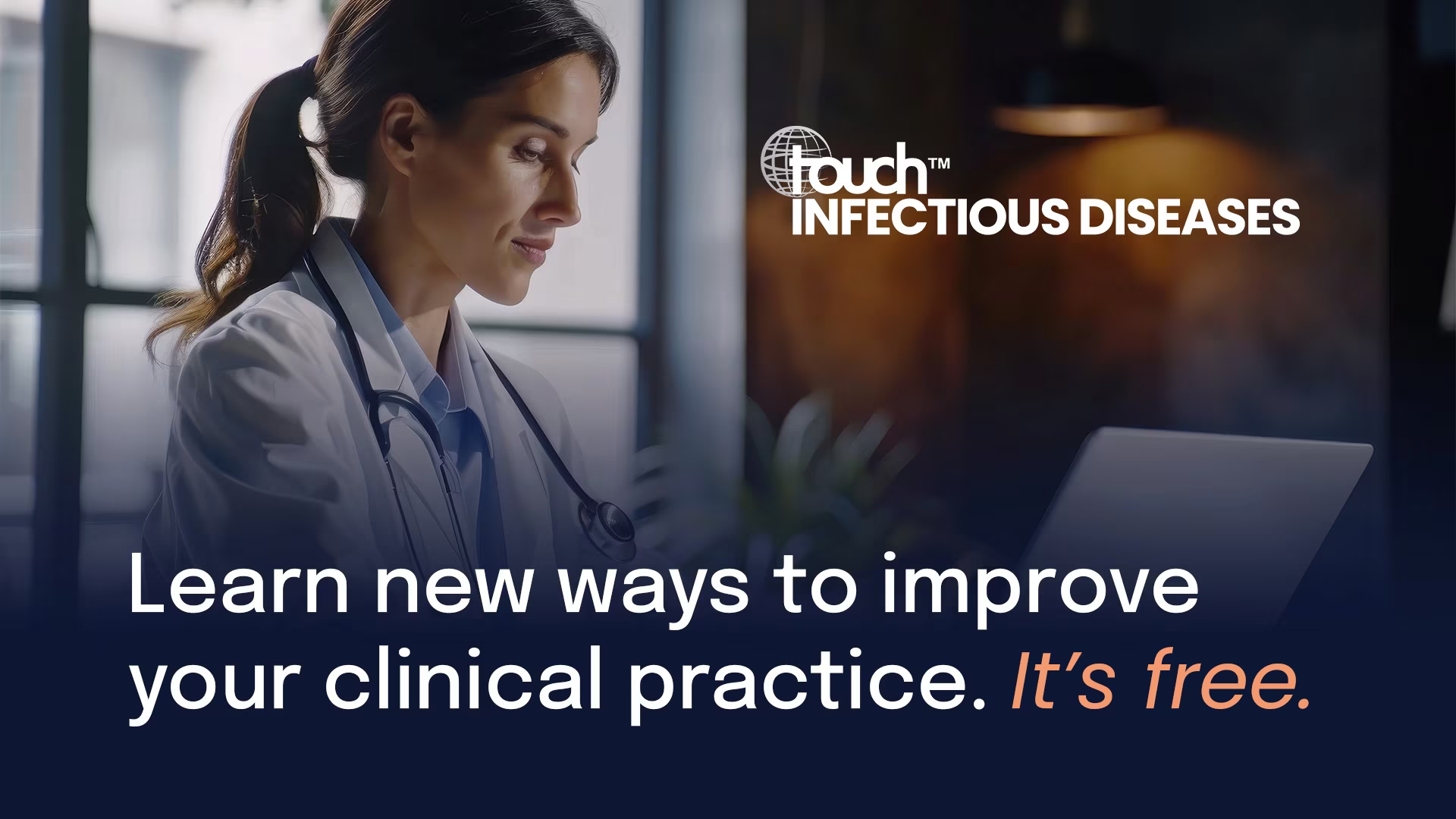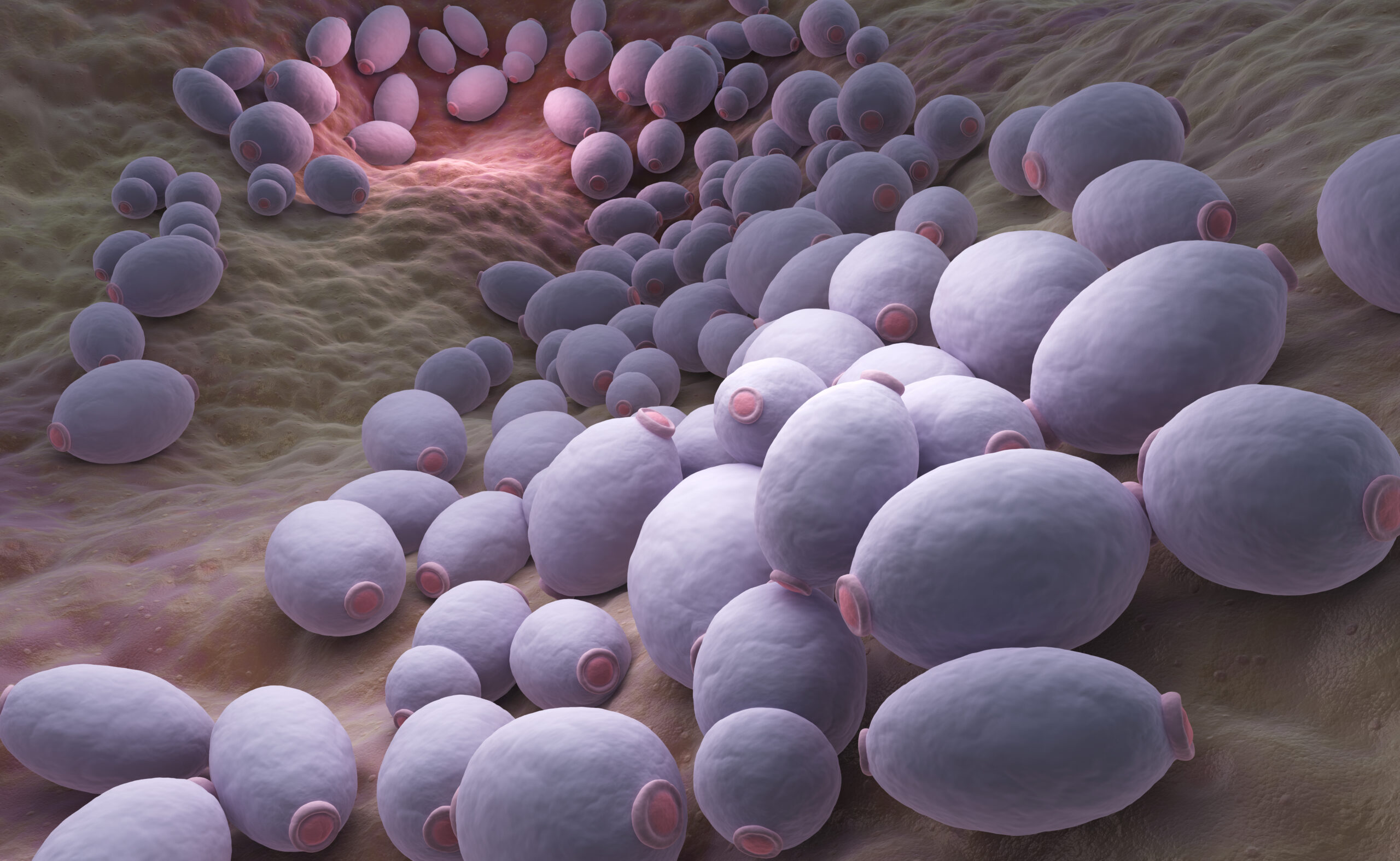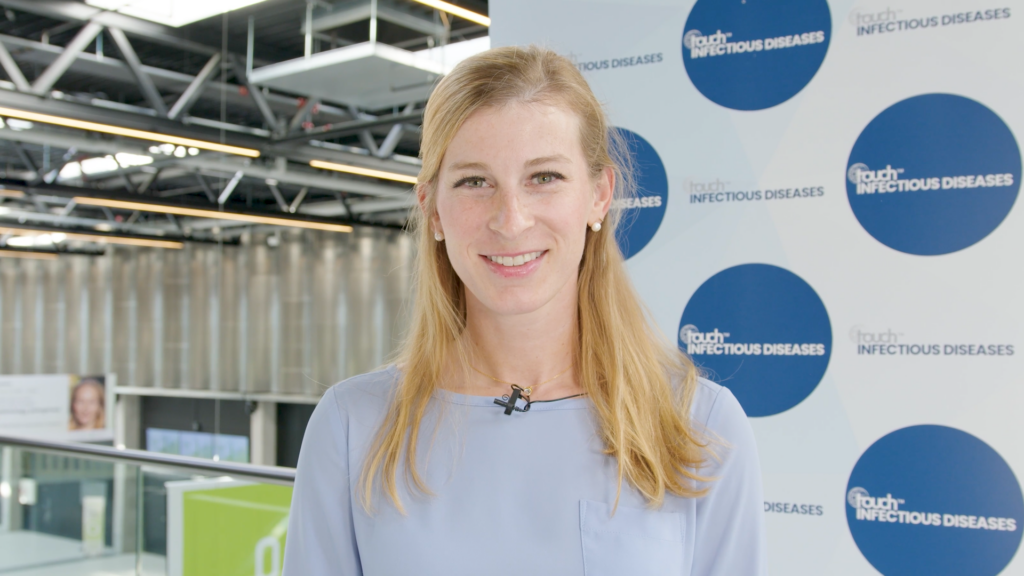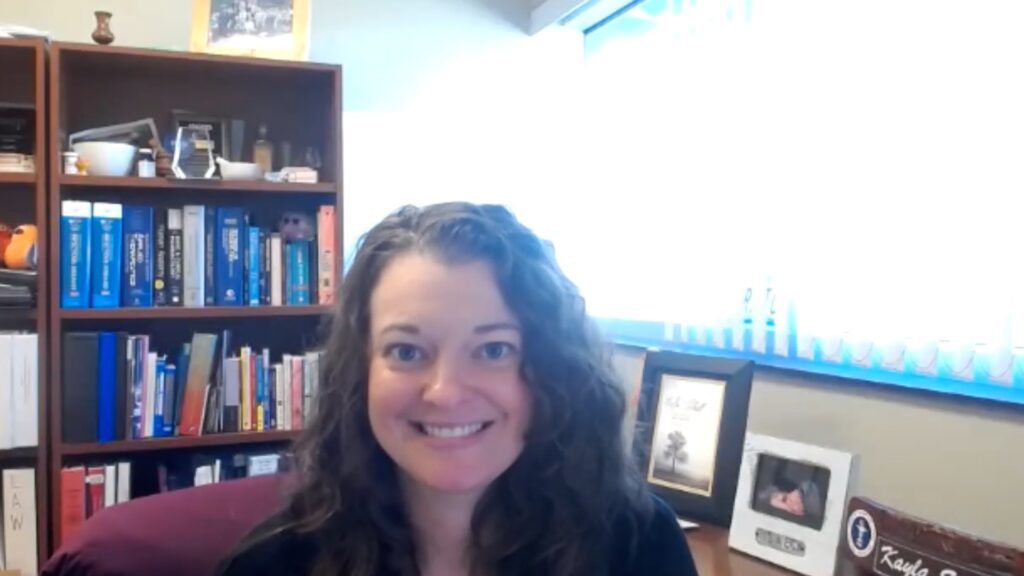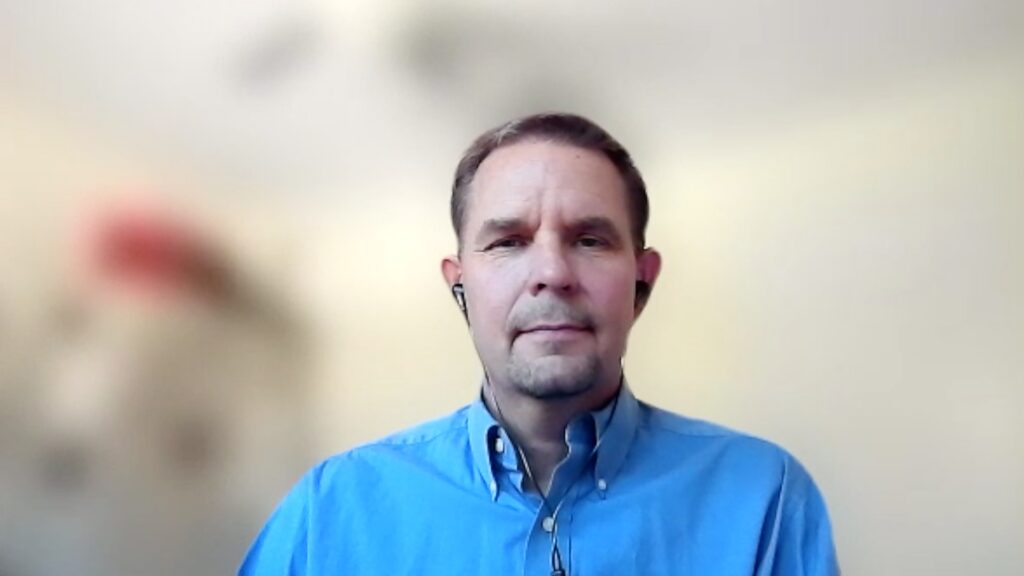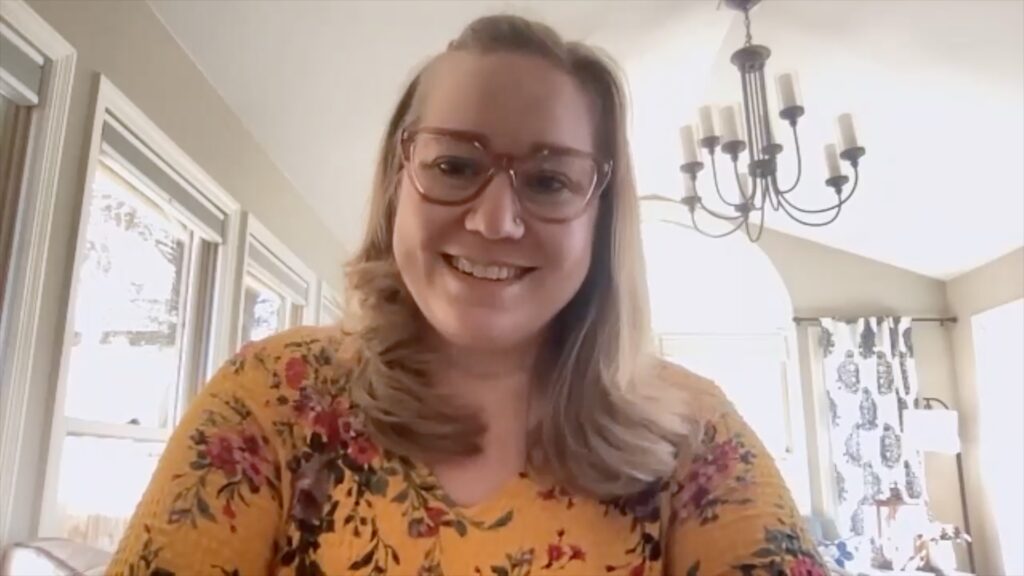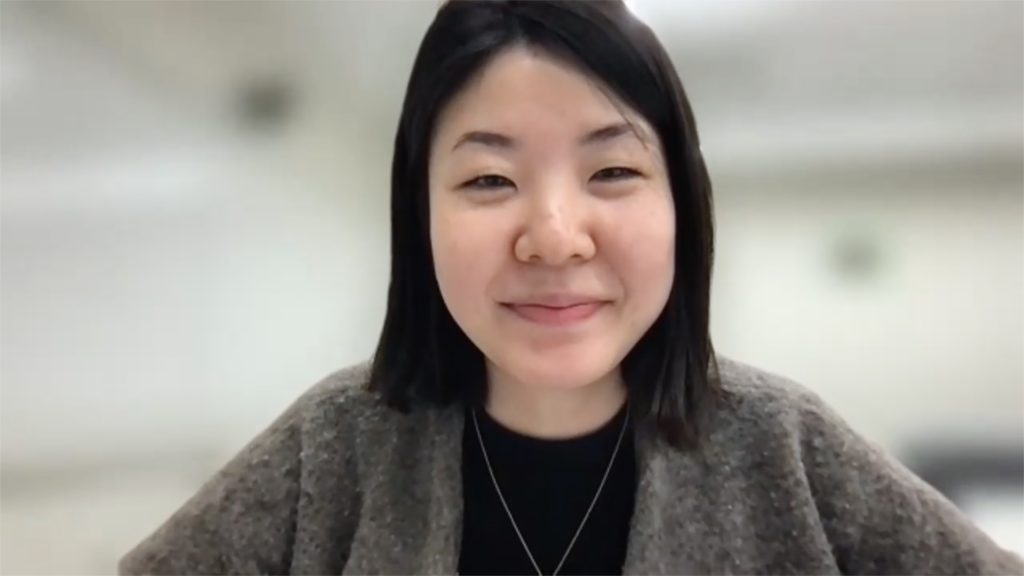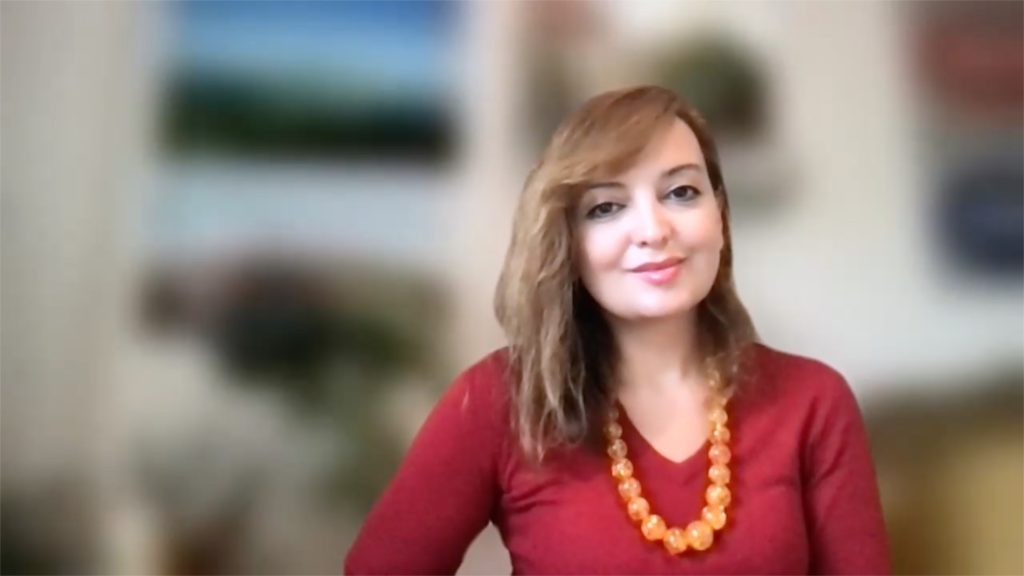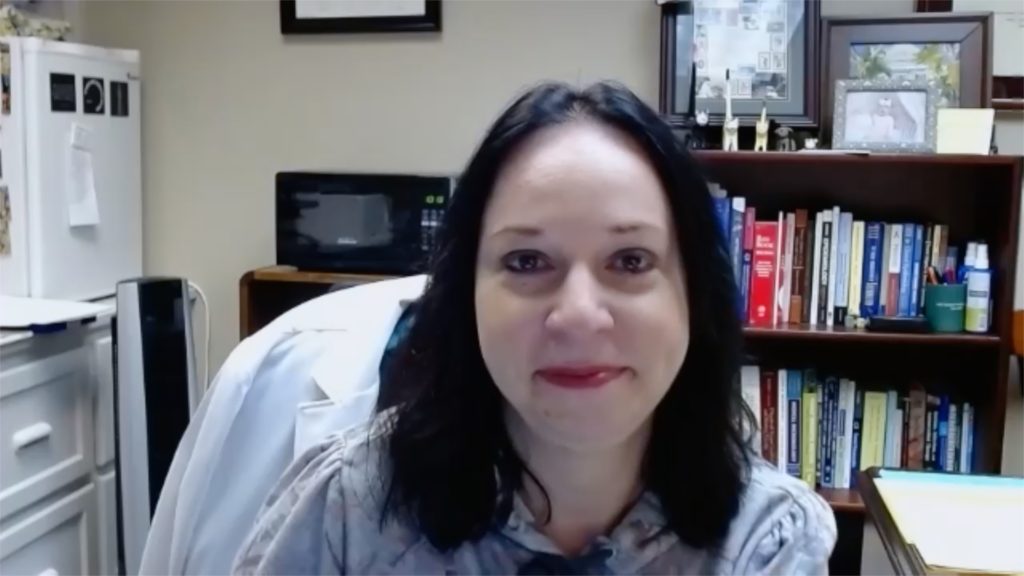
We are delighted to introduce Dr Clarissa Melo Czekster as one of the touchINFECTIOUS DISEASES Future Leaders 2025. Dr Czekster is a Reader in the School of Biology, University of St Andrews, and a rising leader in the field of enzymology and bacterial pathogenesis.
In this Q&A, she reflects on her early inspirations, key mentors, and the molecular curiosity that drives her work in infectious diseases. From childhood experiments to developing novel antibiofilm tools, her career blends biochemical precision with a passion for collaborative science.
Since I was a child, I’ve been interested in solving problems that affect people, my first “experiments” were with my brother (who also became a scientist), investigating why ants were eating the plants in my mum’s garden. When I became a biologist, I was mesmerized by the beauty and simplicity of evolution and nature. It was a natural step for me to pursue biochemistry and enzymology to understand how enzymes make life possible, and how we can harness this information to develop new drugs and tools.
Bacteria are remarkably resilient and will always adapt and rise to the challenge under stress. My curiosity about the molecular mechanisms behind that resilience fuels my research.
Seeing my first PhD and MSc students graduate and the first postdoc from my group leave the lab to exciting and fulfilling careers of their own brings me great happiness and pride and is the most rewarding aspect of my career so far.
During my PhD and two postdocs I have been fortunate to have extremely talented supervisors, and I learnt a lot from them in terms of work ethic, creativity and the importance of keeping an open mind to new ideas and approaches. They are crucial influences in my independent career, as inspirations and also in practical terms as I learnt techniques we use now in my group.
My PhD supervisor, John Blanchard, who sadly passed away in 2022, taught me enzymology and how to translate enzyme mechanisms into novel therapies. I was in his lab when one of his proudest works was published on a combination therapy for tuberculosis in addition to work from his group with “weird enzymes” that used aminoacyl-tRNAs as substrates (cyclodipeptide synthases were later the basis for the grant that funded me to start my lab). His passion for science and kindness as a mentor had a lasting influence on how I lead my team today. John was kind, practical and knew how to get the best out of people, while insisting we maintained a healthy work-life balance and have a life outside the lab.
It was John’s advice to pursue two postdocs, working for Prof. Alanna Schepartz (then at Yale University and now at UC Berkeley), and for Prof. James Naismith (then in University of St Andrews, now at Oxford University).
Alanna’s excitement, curiosity and boldness are great influences on me, always pursuing a big question and applying a plethora of approaches to answer it. Jim Naismith was also a great influence due to his tenacity, honesty and drive to excel. He was also excellent at providing the environment and motivation so others can always achieve more, taking genuine satisfaction when others succeed. These are elements that certainly shaped how I approach leading my group and hopefully I am managing to channel these positive influences into my team.
Finally, when I started my independent career I was lucky to have Prof. Malcolm White as a mentor from the School of Biology, University of St Andrews, Scotland, UK. Malcolm has helped me immensely with career decisions and opportunities, but also his calm and humble approach to science and willingness to help shaped many of my early decisions.
I am especially interested in the human gut microbiome and complex microbial communities. The integration of enzymology with genomics, metabolomics and proteomics is allowing us to fully understand the molecular impact of specific compounds and key proteins in bacterial communities. I am looking forward to the future therapies and interventions this will unlock.
About Clarissa Melo Czekster
Dr Clarissa Melo Czekster is a Reader in the School of Biology, University of St Andrews, Scotland, where she leads a research group focused on enzymology and bacterial pathogenesis. Originally from Brazil, she holds a BSc in Molecular Biology and a teaching degree in Biological Sciences from the Federal University of Rio Grande do Sul, and an MSc in Biochemistry focused on tryptophan biosynthesis. She completed her PhD at Albert Einstein College of Medicine, specialising in enzyme mechanisms in Mycobacterium tuberculosis, followed by postdoctoral training at Yale University and the University of St Andrews. Her research bridges biochemistry and chemical biology to develop novel tools and antimicrobial strategies. In 2018, she was awarded a Sir Henry Dale Fellowship from the Wellcome Trust to establish her independent group. Her work has advanced understanding of enzymes involved in biofilm formation and bacterial communication. She also leads public engagement initiatives such as the Antibiotics Under Our Feet campaign and is a committed mentor to the next generation of scientists.
Editor: Katey Gabrysch, Editorial Director
Disclosures: No funding was received in the publication of this article. This content has been developed independently by Touch Medical Media for touchINFECTIOUS DISEASES. Views expressed are the speaker’s own and do not necessarily reflect the views of Touch Medical Media.
Cite: Bacterial resilience and innovation in enzymology with Clarissa Melo Czekster: touchINFECTIOUS DISEASES Future Leader 2025. touchINFECTIOUS DISEASES. 17 July 2025.
Register now to receive the touchINFECTIOUS DISEASES newsletter!
Don’t miss out on hearing about our latest peer reviewed articles, expert opinions, conference news, podcasts and more.